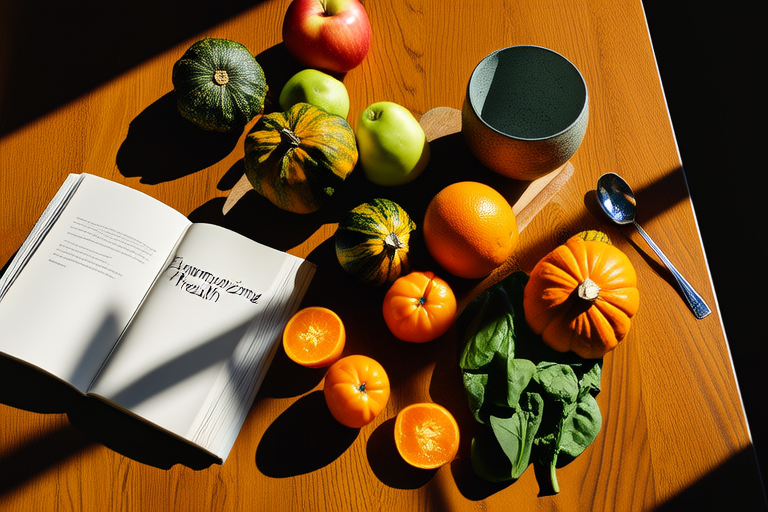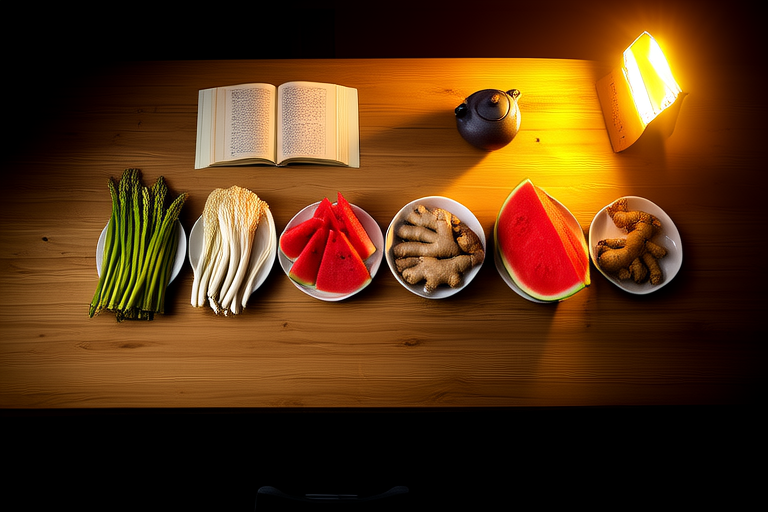Thriving Through the Seasons: Essential Health Preservation Methods for Every Time of Year
Introduction
Maintaining health and well-being is a year-round endeavor, requiring adjustments to align with the changing seasons. Each season brings its own set of challenges and opportunities, influencing our physical, mental, and emotional states. From the rejuvenating energy of spring to the introspective calm of winter, understanding how to adapt your lifestyle can help you thrive no matter the time of year. This article explores practical strategies for preserving health during spring, summer, autumn, and winter, offering actionable advice on diet, exercise, sleep, stress management, and preventive care.
Spring: Awakening and Renewal
Spring is a time of renewal, both in nature and within ourselves. As the days grow longer and warmer, it’s an ideal opportunity to reset habits and embrace new beginnings.
Dietary Recommendations
Spring is perfect for incorporating fresh, seasonal produce into your diet. Focus on leafy greens like spinach and kale, as well as cruciferous vegetables such as broccoli and cauliflower, which are rich in antioxidants and support detoxification. Incorporate citrus fruits like oranges and lemons to boost vitamin C intake, enhancing immunity after the colder months. Herbal teas, particularly those made from dandelion or nettle, can aid in cleansing the body.
Exercise Routines
Take advantage of the milder weather by engaging in outdoor activities. Walking, jogging, cycling, or practicing yoga in a park can invigorate both body and mind. Aim for at least 150 minutes of moderate aerobic activity per week, combined with strength training exercises twice a week to build muscle and improve endurance.
Sleep Habits
As daylight increases, maintaining a consistent sleep schedule becomes crucial. Aim for 7-9 hours of quality sleep each night. To regulate your circadian rhythm, expose yourself to natural light during the day and limit screen time before bed. Consider using blackout curtains if mornings become too bright too early.
Stress Management Techniques
Spring cleaning isn’t just for your home—it’s also beneficial for decluttering your mind. Practice mindfulness meditation or deep-breathing exercises to reduce stress. Journaling about goals or aspirations for the upcoming months can provide clarity and motivation.
Preventive Measures
Spring allergies are common, so take steps to minimize exposure to pollen. Keep windows closed during high-pollen days, shower after spending time outdoors, and use air purifiers indoors. Regular handwashing and staying hydrated can also bolster immune defenses.
Summer: Embracing Energy and Vitality
Summer radiates warmth and vitality, making it an excellent time to focus on hydration, sun protection, and active living.
Dietary Recommendations
Stay cool and hydrated by consuming water-rich foods like cucumbers, watermelon, and strawberries. Include lean proteins such as fish and chicken to maintain energy levels. Avoid heavy meals that can make you feel sluggish in the heat. Opt for refreshing beverages like infused water or herbal iced teas instead of sugary drinks.
Exercise Routines
Outdoor workouts shine in summer, but be mindful of the heat. Early morning or late evening sessions are ideal to avoid peak sun exposure. Swimming, paddleboarding, or hiking in shaded areas are great options. If exercising indoors, try high-intensity interval training (HIIT) or dance-based classes for a fun workout.
Sleep Habits
Longer daylight hours may disrupt sleep patterns. Create a calming bedtime routine by dimming lights an hour before bed and avoiding caffeine in the afternoon. Use fans or air conditioning to keep your bedroom cool and comfortable.
Stress Management Techniques
Summer vacations offer a chance to unwind, but even small breaks can help manage stress. Spend time near water, whether it’s a beach, lake, or pool, as this has been shown to promote relaxation. Engage in creative hobbies like painting or gardening to nurture your inner peace.
Preventive Measures
Sun safety is paramount in summer. Wear sunscreen with at least SPF 30, protective clothing, and sunglasses when outdoors. Stay vigilant about hydration to prevent heat-related illnesses. Additionally, ensure vaccinations are up-to-date, especially if traveling.
Autumn: Transitioning with Balance
Autumn signals a shift toward introspection and preparation for the colder months ahead. Balancing activity with rest is key during this transitional period.
Dietary Recommendations
Root vegetables like carrots, sweet potatoes, and beets are abundant in autumn and provide grounding energy. Incorporate warming spices such as cinnamon, ginger, and turmeric into meals to support digestion and immunity. Enjoy hearty soups and stews without overindulging in heavy, processed foods.
Exercise Routines
As temperatures drop, mix indoor and outdoor activities. Try brisk walks amidst falling leaves or join a fitness class indoors. Pilates or tai chi can enhance flexibility and balance while promoting mindfulness.
Sleep Habits
Shorter days naturally encourage earlier bedtimes. Establish a relaxing pre-sleep ritual, such as reading or taking a warm bath. Ensure your sleeping environment is cozy yet breathable, using layers instead of heavy blankets.
Stress Management Techniques
Autumn’s slower pace invites reflection. Practice gratitude by writing down things you’re thankful for each day. Connect with loved ones through meaningful conversations or shared activities to foster emotional well-being.
Preventive Measures
Prepare for flu season by prioritizing hygiene and considering a flu shot. Boost immunity with vitamin D supplements if sunlight exposure decreases. Layer clothing appropriately to adapt to fluctuating temperatures.
Winter: Nurturing Resilience and Rest
Winter calls for nurturing resilience and embracing restorative practices. While it may feel challenging, this season offers unique opportunities for self-care and growth.
Dietary Recommendations
Focus on nutrient-dense foods to sustain energy levels. Include omega-3-rich sources like salmon and walnuts to support brain health. Warm beverages like herbal teas or broths can comfort and hydrate. Limit refined sugars and processed snacks, which can lead to energy crashes.
Exercise Routines
Cold weather doesn’t mean skipping exercise. Indoor options like yoga, weightlifting, or virtual fitness classes keep you active. If venturing outside, dress in layers and choose low-impact activities like snowshoeing or cross-country skiing.
Sleep Habits
Winter often encourages longer sleep durations. Listen to your body’s cues but aim for consistency in your sleep schedule. Use humidifiers to combat dry indoor air, ensuring better respiratory comfort during sleep.
Stress Management Techniques
Combat seasonal blues by staying socially connected and engaging in joyful activities. Light therapy lamps can alleviate symptoms of seasonal affective disorder (SAD). Meditation and aromatherapy with essential oils like lavender or eucalyptus can soothe tension.
Preventive Measures
Protect against colds and viruses by washing hands frequently and disinfecting commonly touched surfaces. Dress warmly and cover extremities when outdoors. Prioritize mental health by seeking professional support if needed.
Conclusion
Thriving through the seasons requires intentional adjustments to diet, exercise, sleep, stress management, and preventive care. By embracing the unique qualities of each season—spring’s renewal, summer’s vitality, autumn’s balance, and winter’s rest—you can cultivate lasting well-being. Remember, small, consistent actions yield significant results. Whether it’s savoring seasonal produce, enjoying outdoor adventures, or creating cozy evenings at home, these strategies empower you to live fully and healthily throughout the year.










